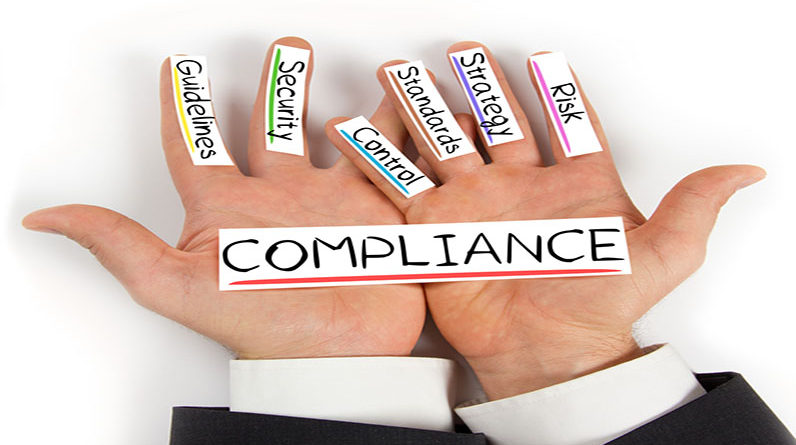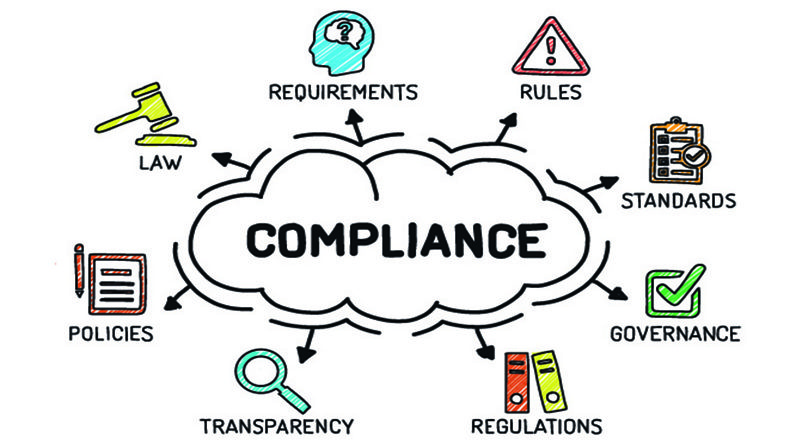John H. Durham, United States Attorney for the District of Connecticut, announced that the government has reached a settlement agreement under the Americans with Disabilities Act of 1990 (“ADA”) with Lawrence + Memorial Hospital (“L+M”) in New London, an affiliate of Yale New Haven Health Services Corporation, regarding L+M’s provision of effective communication to its deaf and hard of hearing patients. This matter was initiated upon receipt of a complaint filed by Disability Rights Connecticut. Disability Rights Connecticut filed the complaint on behalf of an individual (“the complainant”) who is profoundly deaf and uses American Sign Language as her primary means of communication. The complainant alleges that she was referred to the hospital for an appointment and, when she arrived at the hospital at the scheduled time, there was no interpreter present despite the hospital having provided her with an interpreter at a past appointment. At the time of appointment, the complainant requested an interpreter. The hospital did not provide an interpreter for the complainant at any time during her appointment. Because she was not provided with a qualified interpreter, the complainant alleges she was not able to effectively communicate with the hospital’s staff, including the healthcare providers providing her care.
The settlement agreement resolves the complaint received by the government that L+M violated Title III of the ADA by failing to provide effective communication to the complainant. The terms of the settlement agreement require L+M to assess patients and/or companions to determine if auxiliary aids or services are required for effective communication. Whenever it is necessary to ensure effective communication for those individuals, L+M will provide appropriate auxiliary aids and services, including qualified interpreters, free of charge to patients or companions who are deaf or hard of hearing. L+M will also record the need for auxiliary aids and services for patients or companions in the patient’s medical record so that hospital personnel can provide the auxiliary aids and services at the patient’s subsequent visits. The hospital will notify the public regarding its policy on the availability of auxiliary aids and services by posting signs in the hospital facility, putting notice on its website, and including information in its patient handbook. L+M will also develop and implement a grievance resolution procedure regarding effective communication and provide training regarding the provision of auxiliary aids and services to all L+M hospital personnel who have direct contact with patients or companions. In addition, L+M will compensate the complainant in the amount of $8,500.






